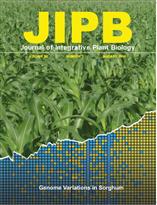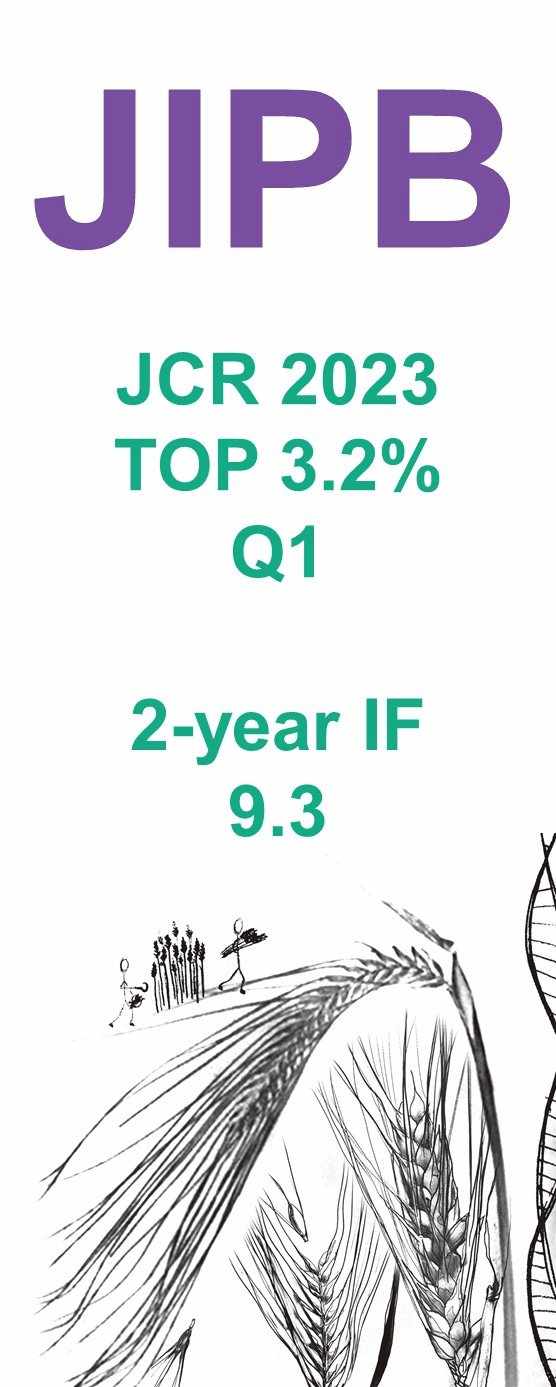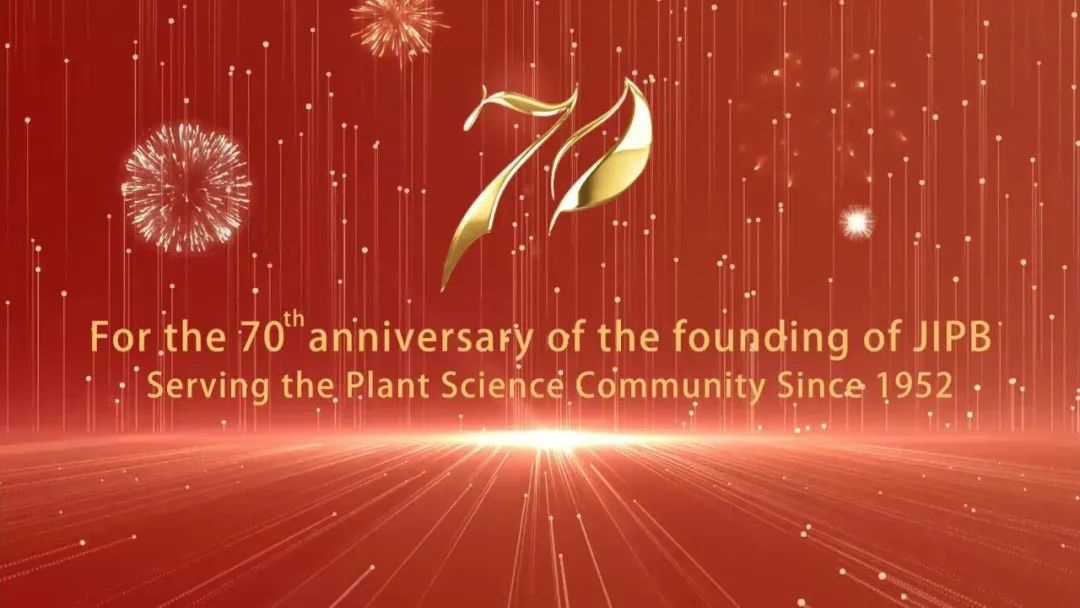Author: Fanying Kong, Yongsheng Deng, Guodong Wang, Jieru Wang, Xiaoqing Liang and Qingwei Meng
The roles of a tomato (Lycopersicon esculentum) chloroplast-targeted DnaJ protein (LeCDJ1) were investigated using wild-type (WT) and sense transgenic tomatoes. The LeCDJ1 expression was upregulated by 38 °C, 42 °C, 45 °C, NaCl, PEG, methyl viologen (MV) and hydrogen peroxide (H2O2), but not by 30 °C and 35 °C. Meanwhile, LeCDJ1 was involved in the response of plants to abscisic acid (ABA). Under heat stress, the sense plants showed better growth, higher chlorophyll content, lower malondialdehyde (MDA) accumulation and relative electrical conductivity (REC), and also less PSII photoinhibition than WT. Interestingly, the sense plants treated with streptomycin (SM), an inhibitor of organellar translation, still showed higher maximum photochemistry efficiency of PSII (Fv/Fm) and D1 protein levels than the SM-untreated WT, suggesting that the protective effect of LeCDJ1 on PSII was, at least partially, independent of D1 protein synthesis. Furthermore, the relatively lower superoxide radical (O2•−) and H2O2 levels in the sense plants were considered to be due to the higher ascorbate peroxidase (APX) and superoxide dismutase (SOD) activity, which seemed unlikely dependent on their transcription level. These results indicated that LeCDJ1 overexpression facilitated heat tolerance in transgenic tomatoes.
Kong F, Deng Y, Wang G, Wang J, Liang X, Meng Q (2014) LeCDJ1, a chloroplast DnaJ protein, facilitates heat tolerance in transgenic tomatoes.J Integr Plant Biol 56: 63–74. doi: 10.1111/jipb.12119




 Scan the QR code to view JIPB on WeChat
Scan the QR code to view JIPB on WeChat













